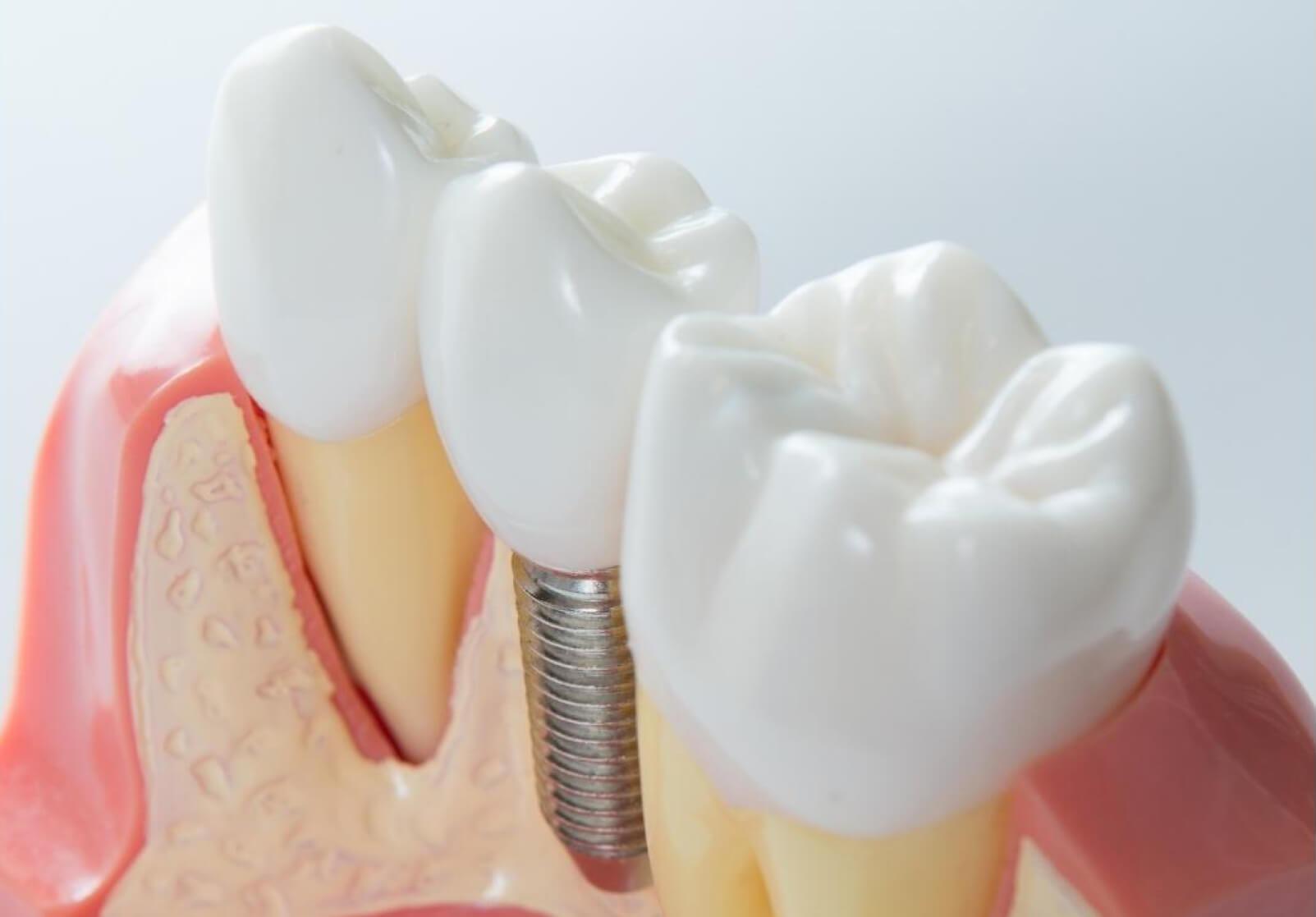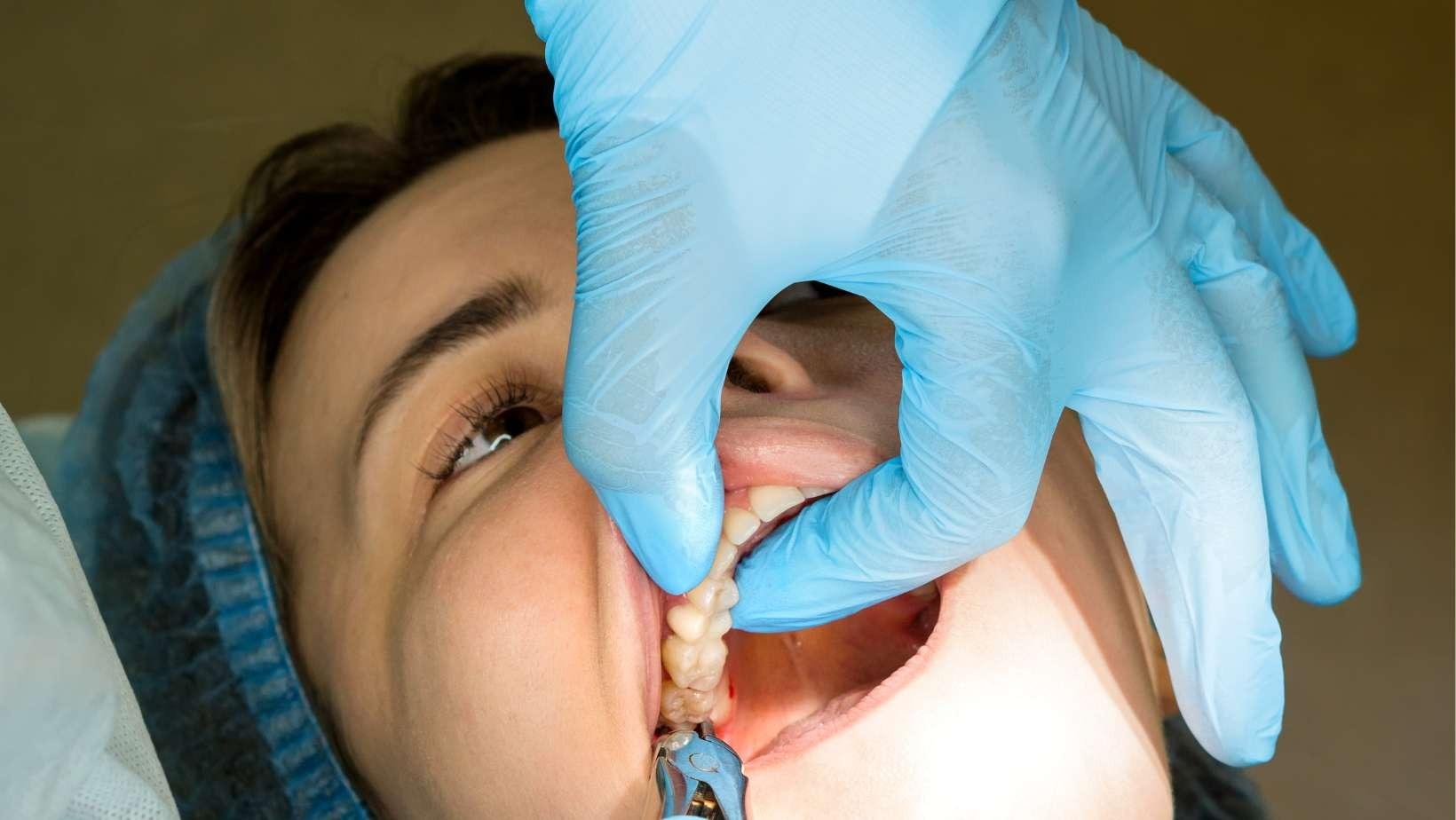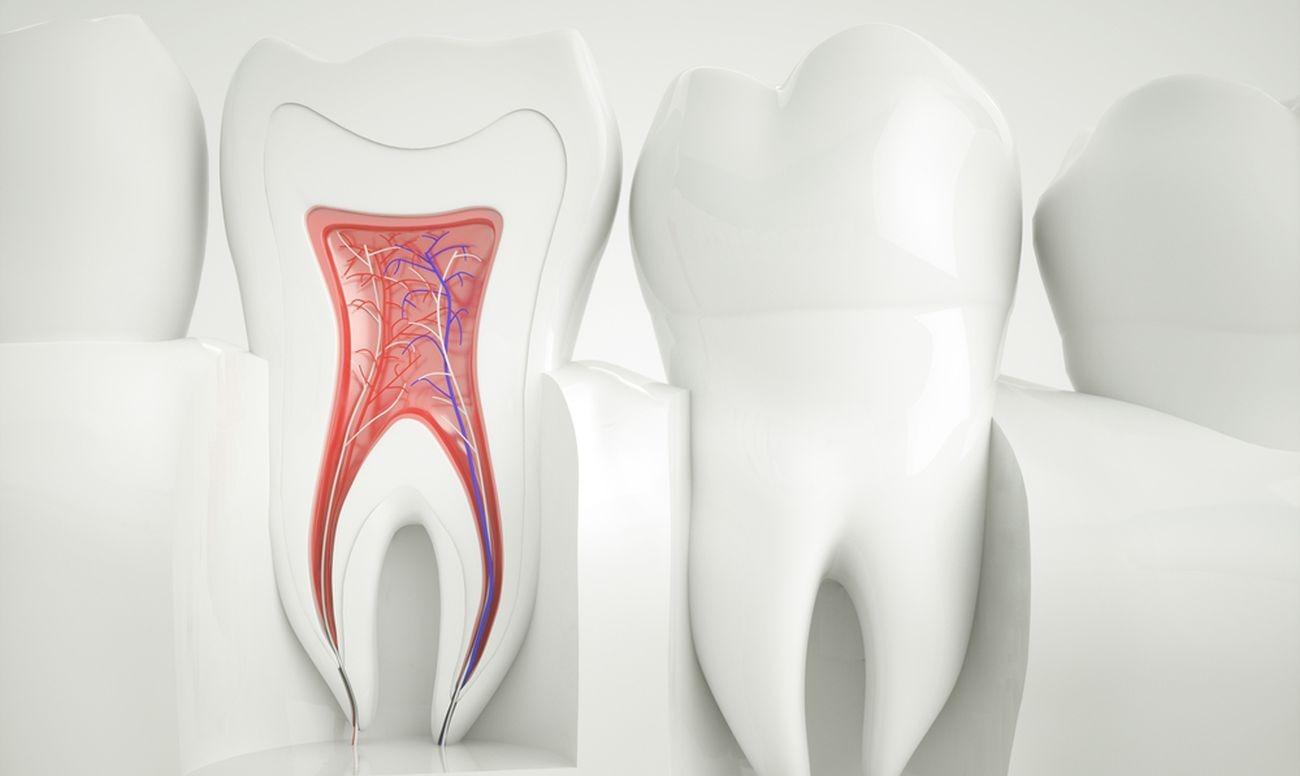Dental implants are considered the gold standard for replacing missing teeth. They offer unmatched durability, functionality, and aesthetics compared to traditional solutions like dentures or bridges. However, one question frequently arises: why are dental implants so expensive in the UK?
On average, a single dental implant in the UK can cost between £2,000 and £2,500, and this price can soar higher depending on individual cases. For many patients, the cost can be a significant barrier to accessing this advanced dental solution.
But what exactly goes into the cost of dental implants? This article explores the factors that contribute to their high cost in the UK, from the expertise of the professionals to the materials used, the regulations involved, and much more. We’ll also look at comparisons with other countries, alternatives, financing options, and frequently asked questions to help you understand whether dental implants are truly worth the investment.
Understanding the Cost of Dental Implants in the UK
What Are Dental Implants?
Dental implants are artificial tooth roots, usually made of titanium, that are surgically inserted into the jawbone. A crown, bridge, or denture is then attached to the implant to restore function and appearance. This solution mimics natural teeth in both strength and aesthetics.
Average Cost in the UK
In the UK, dental implants typically cost between £2,000 and £2,500 per tooth, which includes:
- Consultation and 3D scans
- Surgical placement of the implant
- Healing time and follow-ups
- Abutment and crown placement
Additional procedures like bone grafting or sinus lifts will add to the cost.
Why Are Dental Implants So Expensive in the UK?

Highly Qualified Dental Professionals
Expertise and Training
Dental implant procedures require specialised skills and advanced training. Implantologists and oral surgeons in the UK often undergo years of postgraduate education. Their experience and expertise ensure high success rates but also raise the treatment cost.
Regulatory Standards
UK dentists operate under the General Dental Council (GDC) and Care Quality Commission (CQC) regulations, which ensure patient safety and care standards another factor contributing to overhead costs.
Premium-Grade Materials
Biocompatible Components
Implants are made from titanium or zirconia, materials that integrate naturally with bone (osseointegration) and are resistant to corrosion or rejection.
Custom-Made Crowns
Each implant crown is custom-crafted to match the patient’s existing teeth in shape, size, and shade, requiring skilled dental lab technicians and high-quality ceramic materials.
Advanced Technology and Equipment
Dental implant clinics in the UK use cutting-edge technology, such as:
- 3D imaging and CBCT scans
- Digital impressions
- Surgical guides
- Computer-assisted planning
These tools improve precision and safety but are costly to acquire and maintain, contributing to the total price of treatment.
Multiple Treatment Stages and Appointments
A dental implant is not a one-time procedure. It typically involves:
- Consultation and diagnostics
- Surgical implant placement
- Healing period (3–6 months)
- Abutment and crown fitting
- Follow-up appointments
This timeline can stretch over several months, requiring multiple appointments and ongoing clinical care.
Laboratory and Customisation Fees
Behind every dental implant is a highly skilled dental lab. Custom prosthetic components like crowns or bridges are fabricated with precision to ensure proper fit and aesthetics. UK-based labs charge more than overseas labs due to quality standards and wages.
Overhead Costs of Running a Dental Clinic in the UK
Running a dental clinic in the UK involves significant overheads:
- Staff salaries
- Regulatory compliance
- Equipment maintenance
- Sterilisation protocols
- Clinic insurance and property rent
These costs inevitably reflect in the pricing of high-end treatments like dental implants.
Lack of NHS Coverage
In most cases, dental implants are not covered by the NHS, unless there’s a clear medical need. As a result, patients must seek treatment from private dental practices, which operate at higher rates to cover all expenses.
Dental Implants in the UK vs. Abroad

Why Are Implants Cheaper in Countries Like Turkey or Hungary?
Many dental tourists head abroad for more affordable implants, but the cost differences can be attributed to:
- Lower wages and operational costs
- Less stringent regulatory standards
- Mass-production in labs
- Minimal follow-up care
Risks of Dental Tourism
Though initial savings seem appealing, overseas treatments come with potential risks:
- Communication barriers
- No post-op care or follow-up
- Risk of poor materials or techniques
- Complications that may require expensive corrections in the UK
Dental Implants in UK
Ways to Make Dental Implants More Affordable in the UK
Dental Insurance Plans
While most policies don’t cover implants, some premium plans offer partial reimbursement or discounts.
Monthly Financing Options
Many UK dental clinics provide interest-free payment plans, allowing patients to spread the cost over 6–24 months.
Alternative Treatments
Patients may opt for more affordable alternatives like:
- Dental bridges
- Removable dentures
While these aren’t as long-lasting, they are budget-friendly.
Price Comparison & Second Opinions
Prices can vary from clinic to clinic. It’s wise to consult multiple providers, read reviews, and ask for detailed breakdowns.
Conclusion
Dental implants are undoubtedly expensive in the UK, but the high cost reflects quality, safety, technology, and expertise. Unlike cheaper options abroad or temporary fixes, UK-based implants ensure long-lasting results, reduced complications, and high patient satisfaction.
If you’re considering dental implants, take time to:
- Research qualified providers
- Understand the treatment process
- Explore financing options
Ultimately, investing in your smile and oral health is a decision that pays off for a lifetime.
FAQs: Dental Implant Costs in the UK
Q1: Are dental implants worth the high cost?
Yes, implants provide a permanent, stable, and natural-looking solution for tooth loss. Over time, they can be more cost-effective than replacing bridges or dentures.
Q2: Why doesn’t the NHS cover dental implants?
The NHS covers only clinically necessary treatments. Implants are usually seen as elective or cosmetic unless needed for medical reasons.
Q3: Can I get dental implants for free in the UK?
Only in very rare NHS cases. Some universities or hospitals offer reduced-cost implants for training purposes, but eligibility is limited.
Q4: Do implants require special maintenance?
They should be brushed and flossed like natural teeth. Regular check-ups are essential, but they don’t require unusual care.
Q5: Can I negotiate implant prices with my dentist?
While pricing is often fixed, some clinics may offer promotions, bundle packages, or financing. It never hurts to ask.





